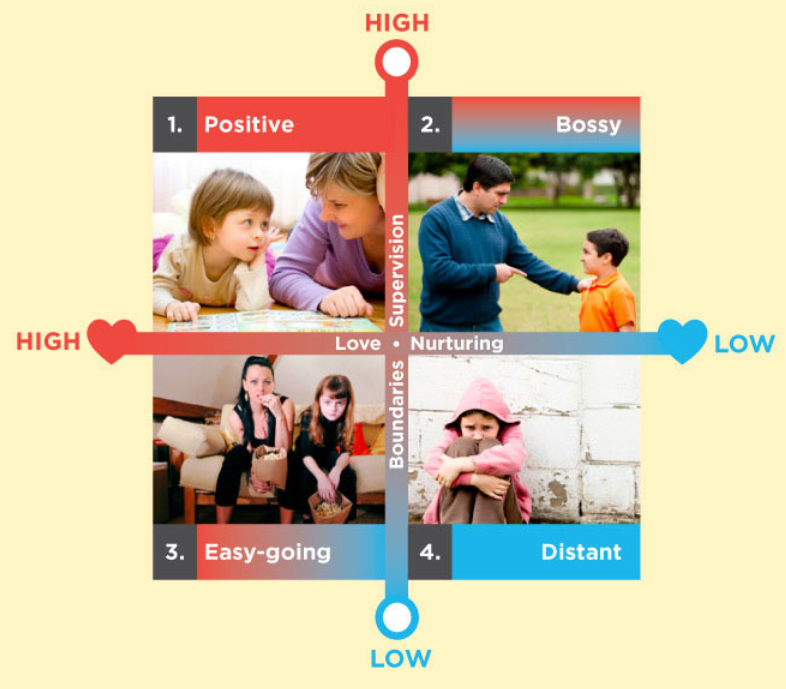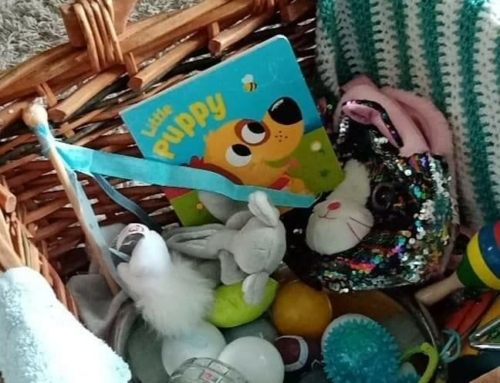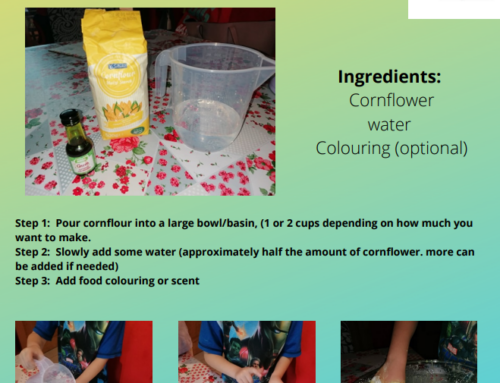We often joke about talking to our children about the birds and the bees. Many of us dread these conversations as we think it is a difficult topic. Well, my question for this blog is not about the birds and the bees! The question I’d like to ask is, how often do you talk to each other about how you would like to parent your children. Talking about parenting from the start can save a lot of tension and arguments as your child begins to grow.
For those of you who’ve just had a baby or have a young child, you will probably be amazed at all the different types of advice you will get with regards to how you should be doing things. This can be really important advice, especially if your own parents or your partner’s parents are willing and able to help you out in the first few months of your parenting journey.
However, as the first few months move on, you will have to become more reliant on each other in your new role as parents. If you haven’t talked about this before, now as new parents, is the time to talk to each other. It is the perfect opportunity to start the conversation on what sort of parents you’d like to be. Talk about the things you liked as a child, what made you feel loved and safe. And, talk about the things that you felt could have been a little better. Discussions like this help you understand what type of parent you’d like to be.
We here at Lifestart often hear parents say, that it’s when things become challenging they end up having fallouts over what is the best way to deal with parenting situations. And this of course, only makes a difficult situation, more difficult. Whereas parents who’ve agreed about how they wish to parent, generally tend to have a more harmonious approach towards parenting.
We all remember the TV shows where a young child was threatened by ‘wait to your father gets home’, or the disinterested dad reading his newspaper (or in today’s world his ipad/smart phone) saying ‘go talk to your mum’. Thankfully these days are no longer with us (or at least they shouldn’t be!). Dad should not be a person you use to threaten your child, he is a loving nurturing parent just as a mum is.
And if you are both singing from the same hymn sheet, there is no need for dad to send the child off to mum to deal with a situation. There is science behind good parenting! Becoming informed of this from the get-go really will pave out an easier, more contented parenting journey for you both. If your children are a little older it might be interesting to carry out a little observation on how you both parent.
For example: Does your child ask one of you all the time for something? Well, this may be because one of you are more lenient and permissive in how you parent. Or if one of you say no to something, and then they go off and ask the second parent and they say yes. This may be something like one of you say no to sweets before dinner, and then the other says yes!!
These mixed messages can lead to stress in your parenting relationship. And the more differences you have, unfortunately, it is only a matter of time before they will lead to rows and tension in your personal relationship also. Therefore, when your child is young try and figure out how you differ because these tensions in how you both parent can lead to anxiety and stress in your child’s life as they grow.
So what do the experts say about parenting? They inform us that there are four styles of parenting. These are as follows:
Positive, also known as authoritative. This type of parent:
- Enables a child to make his/her own choices
- Makes clear rules and enforces them
- Rewards children’s positive behaviour
- Is involved in their child’s daily life where possible
Bossy, also known as authoritarian: This type of parent:
- Has expectations for a child that are too high
- Does not enable a child to make his/her own choices
- Often insults and belittles a child
- Often ignores good behaviour and excessively punishes a child
Easy Going, also known as laissez-faire. This type of parent:
- Lets a child do what he/she wants
- Does not establish any rules for a child
- Will give in to a child having tantrums
- Provides no structure for a child
Distant also known as neglectful/rejecting/disengaged. And this type of parent:
- Does not have a close relationship with a child
- Allows a child to do what they want
- Shows little interest in a child’s behaviour or aspirations
- Does not supervise a child/or arrange adequate supervision when needed
You can see in the visual that positive parenting is the optimum form of parenting. One that scores high in love and nurturing but also scores high in setting appropriate boundaries that help a child feel safe. Scoring high in supervision is also important. Children need adults to keep them safe and help them explore and learn in safe environments.
As parents, talk to each other about how you can adopt a positive style of parenting, support each other at all times because this is how your children see you. It’s a form of teamwork, and the better you work together the better the outcomes. And it helps your child feel safe and loved, and they know they can turn to both parents no matter what life throws at them!







